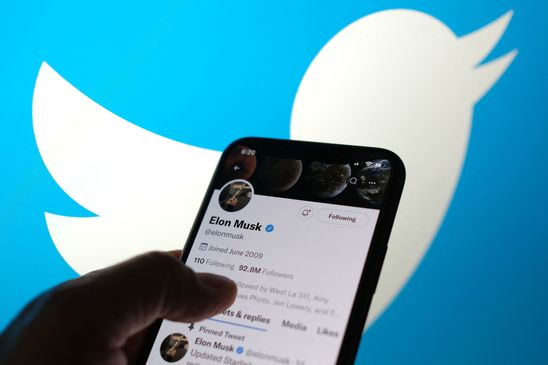
Eliminating the ‘lords and peasants system’ can aid businesses short-term, but may compromise sustainability via lost trust
Elon Musk abolished Twitter’s verification process, which he referred to as a “lords and peasants system,” replacing it with a capitalist approach where money can buy status. As a result, many prominent individuals, including Cristiano Ronaldo, Beyoncé, Kim Kardashian, JK Rowling, and Sir Paul McCartney, lost their verified status.
After purchasing the social media platform, Musk criticized Twitter’s verification system on November 1st, calling it “bullshit.” He then announced that users would need to pay for accreditation, giving “power to the people!”
The accounts that lost their verified status on Thursday were not subscribed to Twitter Blue, a service that costs $8/month in the US, £9.60/month in the UK, and A$13/month in Australia, and is now the only way to obtain the coveted blue tick, unless Musk decides to cover the cost. This change affected around 400,000 legacy verified accounts.
While the blue tick is considered an honorific, subscribers to the new service will have additional benefits such as boosted rankings in conversations and search results. Their replies will also be more visible, and tweets they interact with will receive more prominence. This means that maintaining a presence or influence on the platform will now require a financial investment, which differs from the previous system where blue ticks simply confirmed the account’s authenticity. Nonetheless, Musk assured users that they can still see unverified accounts that they follow on the default For You feed.
To prevent imposter accounts, Twitter has introduced some measures, such as a 30-day block for new accounts from signing up for Twitter Blue. The Twitter Blue website also notes that the platform is developing an updated process for new Twitter accounts to reduce impersonation risks and may alter waiting periods for new accounts without prior notice.
Despite Musk’s anti-feudal rhetoric, his decision is mainly driven by financial interests. When he attempted to back out of the Twitter acquisition deal, he argued that the platform was plagued by malicious automated accounts. While Twitter acknowledged the existence of bot issues, primarily related to pornography and cryptocurrency content, Musk claimed that the problem was much more significant than the company acknowledged, which prevented advertisers from determining whether they were receiving good value for their money.
Despite being compelled to proceed with the acquisition, Musk maintained that bots were an issue and that paid verification was the optimal solution. In his November 1 Twitter thread, he argued that prioritizing paid verified accounts in replies, mentions, and search was crucial in combating spam and scams. This approach presumably stems from the notion that bot accounts would be less visible since they would not pay for a verified status.
Furthermore, Musk is determined to decrease Twitter’s reliance on advertising, which he partially achieved through a flawed Blue relaunch in November. This event resulted in a deluge of impersonation accounts that, in turn, prompted advertisers to leave the platform (some advertisers also expressed misgivings regarding moderation standards post-acquisition).
Twitter must now avoid harming trust, an invaluable but intangible asset, with this decision. If Musk is replacing a feudal system, he must replace it with a lasting structure. On Thursday, several accounts, including those belonging to journalists and commentators, lost their verification badges.
According to Nic Newman, a senior research associate at the Reuters Institute for the Study of Journalism, “Twitter’s approach may benefit its business, but it will not assist people in identifying who or what is worthy of attention, and the risk is that it will ultimately erode the trust that is vital for long-term sustainability.”



